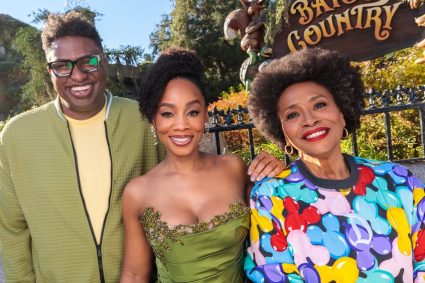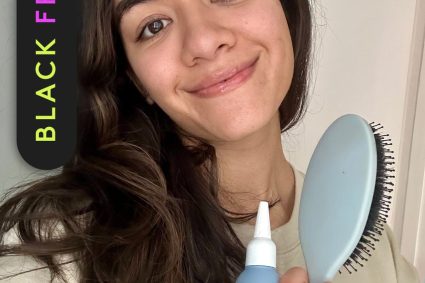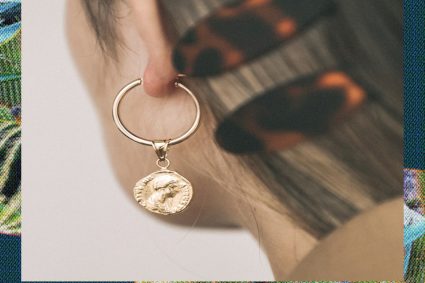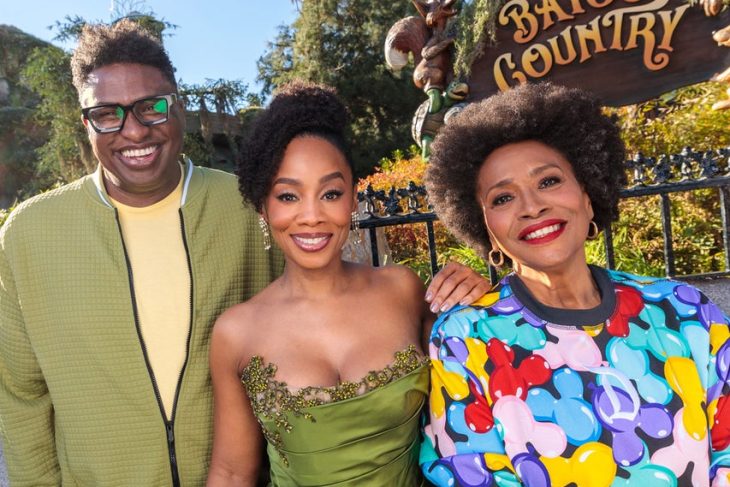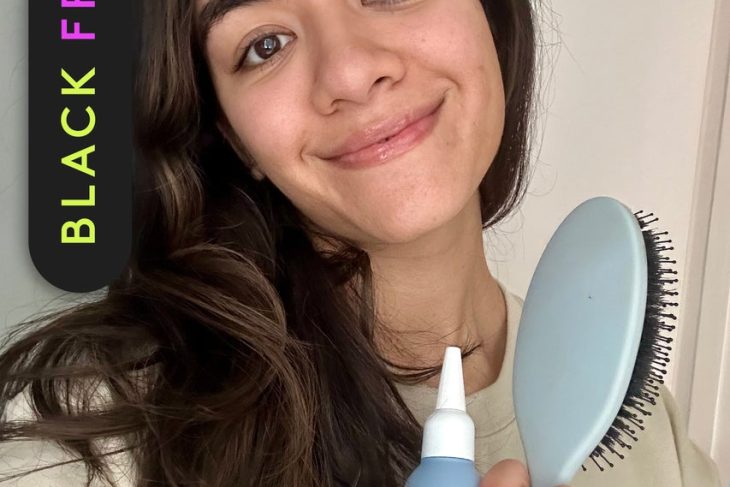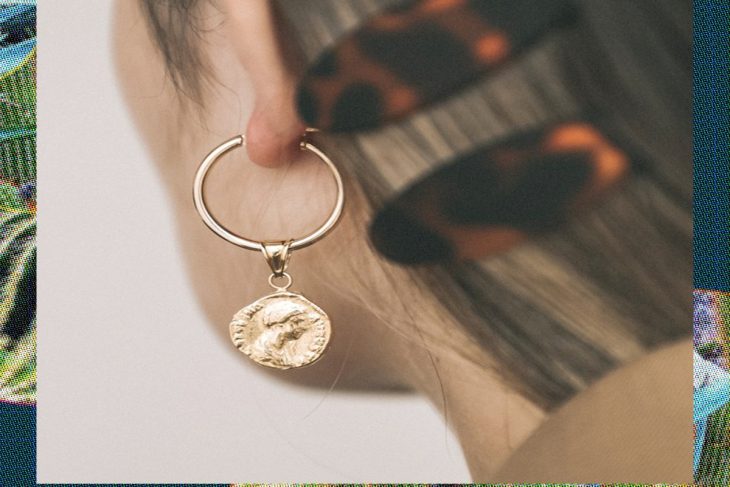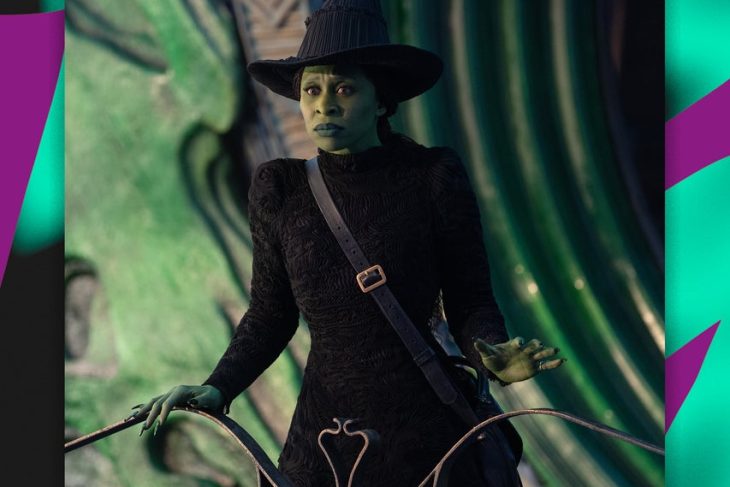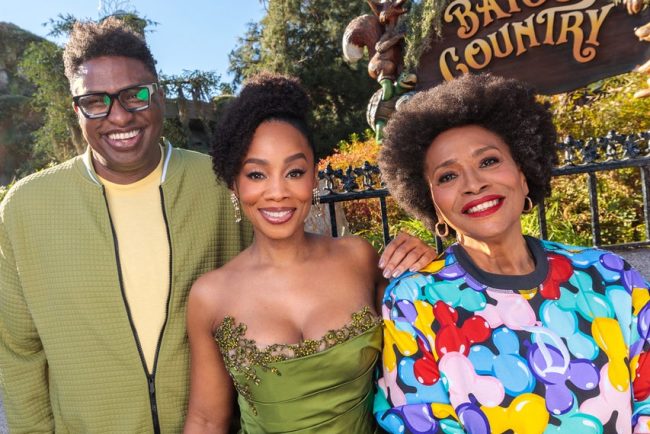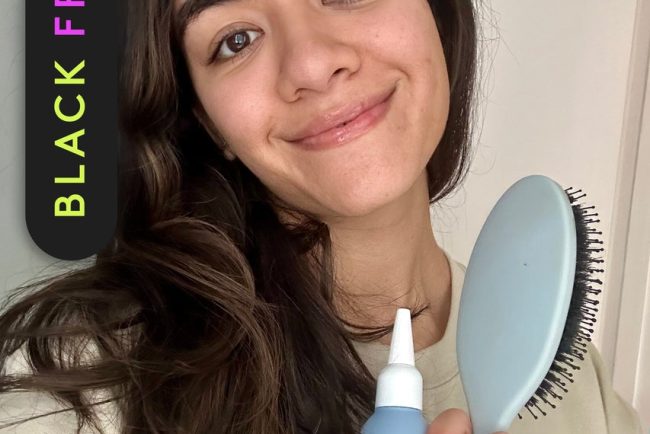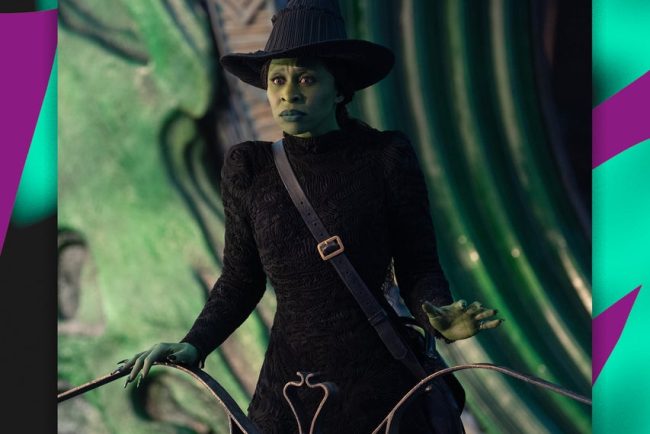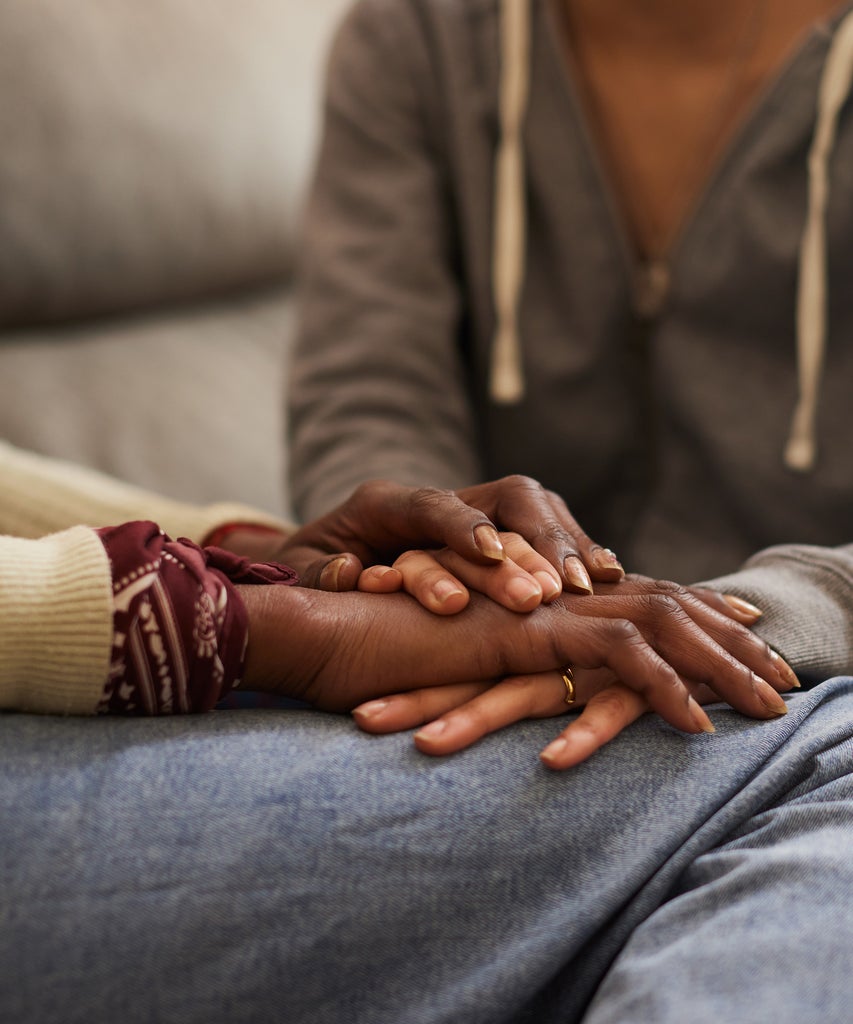

I spent most of my childhood and adolescence wondering how life might have been different had I been raised by my mother. Watching the relationships the women around me shared with their mothers, I felt certain I was missing something—something I deeply desired at that time in my life. My faith as a Christian gave me an early sense of what family should feel like, but my experience didn’t match that ideal. Despite my father’s best efforts and the love I received from friends’ mothers, who welcomed me as their own, and from friends themselves, who still offer me love, nurture, and compassion, the truth is that I missed out on a lot. Life probably would have been different if my mother had been present.
Radical acceptance was one of the first techniques I learned in therapy: acknowledging a circumstance for what it is and how it makes you feel, no matter how raw, painful, or ugly. For me, it meant accepting that my mother was absent and that her absence led me to endure certain experiences alone; going through puberty and starting my period at fourteen, developing an attraction to the opposite sex without guidance, and facing milestones like having sex for the first time, then dealing with my first heartbreak without the comfort a mother might offer. I hadn’t realised until therapy that my younger self’s wonderings were filled with pent-up emotion and, as my therapist concluded, a destabilising sense of abandonment.
When I was younger, I couldn’t quite understand my mother’s absence. It’s not as though she was dead; she just wasn’t there. This detail made her absence feel personal, almost like rejection. However, as I’ve matured, my receptiveness to the context has also grown. I wish I could say that learning the ins and outs of the matter took the sting out or undid years of belief, but it didn’t. When I was little, a relationship with my mother was something I desperately wanted and needed, but I never received it. As I transitioned from a girl into a woman, paid a therapist to listen to me cry once a week, and found love in the places and people, the hope of ever having a relationship with my mother faded.
In life, there are certain things you simply grow out of. At 28, I’ve shed so many habits, interests, and versions of myself that I find it hard to connect who I am now with past iterations of myself. Yet I never truly grew out of the sense of abandonment my mother’s absence created. If anything, with every new friend I made or man I dated, the fear of abandonment seemed to cloud how I viewed those connections. The feeling is hard to describe, even for a skilled writer: that fear and constant uncertainty, regardless of reassurance about whether people want you around, and, shamefully, questioning your own lovability.
Abandoning the idea of a relationship felt simpler, especially since what we had was far from the mother-daughter dynamic I’d seen in others all my life.
I was 26 when I reconnected with my mother. By then, she had been physically absent for 20 years, with only the occasional WhatsApp call, often nudged by family members. In my heart, the time for mothering had passed. I was a woman now—smart, bull-headed, and opinionated—and to me, she was little more than a stranger. All the sadness I once felt about our relationship had settled into indifference, leaving me visibly underwhelmed by our reunion. Truthfully, I couldn’t help it. Her presence now felt invasive and alien. Beyond my ingrained respect for elders and the niceties that came with it, there was little for us to discuss. I concluded that we had nothing in common—not even as people.
As a child, I was so hopeful about what our relationship could be. Would we talk about boys and sex? Would she advise me on how to be a better woman and share what to expect from motherhood? Would I turn to her when I felt depleted or like a failure in those areas? Admittedly, while I presented it as indifference, what I truly felt was disappointment. I spent most of my childhood and adolescence wondering, and it was to no avail. I didn’t really know this woman and she didn’t know me.
Earlier this year, a close friend held my phone in her hand. I’m unsure why she had it, but I remember her announcing, “Your mum is calling.” I replied, “I’ll call her back,” but I never did. As harsh as it sounds, after our reunion, I distanced myself completely. It had been months since I last answered my mother’s calls or texts. The thought of any interaction triggered emotional labour that I was unwilling to do. Funnily enough, I thought this route was completely normal and logical, often dismissing concerns and advice from friends and family who perceived my indifference to be unhealthy. I was frequently advised to talk things through with my mother, to tell her how I feel and get it off my chest. However, I was unyielding. In my mind, I had come to the end of that chapter. My mother wasn’t there when I needed her most, and so it seemed rational to withhold any further involvement in the life I was building. Abandoning the idea of a relationship felt simpler, especially since what we had was far from the mother-daughter dynamic I’d seen in others all my life.
I carried on this way for some time, and in all honesty, I was unmoved when family members reported my mother’s upset at my complete withdrawal. Why was it my responsibility? What did I really owe her? After all, wasn’t I the child? Looking back, I find this line of questioning almost comical. After all this talk of becoming a woman, this is the question I anchored my decision on. It wasn’t as though my mother wasn’t trying. She called, texted, and checked in with third parties when I failed to respond. Even after all my therapy sessions, adoptive maternal love, and carefully curated self-esteem, I was still wrapped up in the past, still hoping that my childhood fantasies of connection and warmth would somehow become reality. Yet, I made little to no effort to achieve this.
It wasn’t until I finally picked up The Purpose Driven Life written by pastor Rick Warren that I truly began to reconsider my stance. Although I’d felt fully justified in my decision to cut ties, a quiet part of me had always wondered if I’d been too hard-hearted, as friends and family had suggested. For a long time, I dismissed their concerns—I simply didn’t see things that way. But as I read through chapters like “You Are Not an Accident,” “Transformed by Trouble,” and “Understanding Your Shape,” I felt challenged. These chapters confronted my mindset and urged me to look beyond the pain and resentment I’d harboured for so long. For the first time, I could see my own hard-heartedness, not as justifiable self-protection, but as a barrier.
As I finished the book, I realised that I had a choice to make. I could continue holding onto the hurt and resentment, justifying my emotional distance as a form of self-protection. Or I could open myself to the possibility of healing and, perhaps, a different kind of relationship with my mother. One that didn’t need to fulfil childhood dreams but could at least bring peace to my present. I knew this shift wouldn’t mean erasing the past or dismissing the impact of her absence. Instead, it offered me something new and possibly wonderful.
A relationship with my mother that was free of expectations yet full of so much potential.
Like what you see? How about some more R29 goodness, right here?
My Single Black Father Won't Talk About Heartbreak
